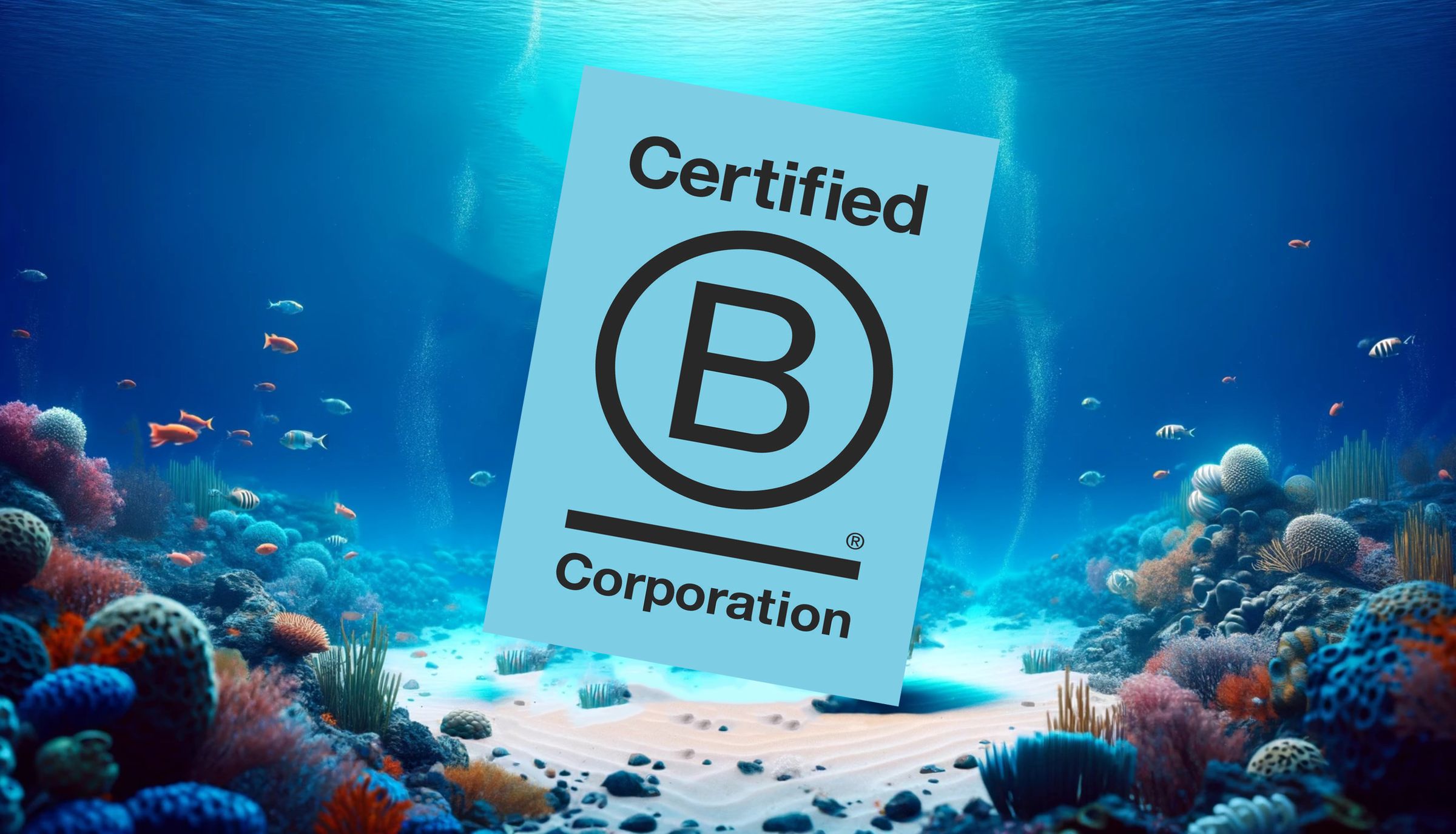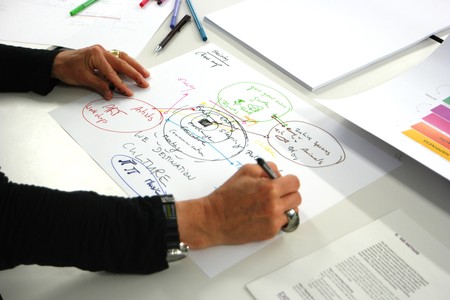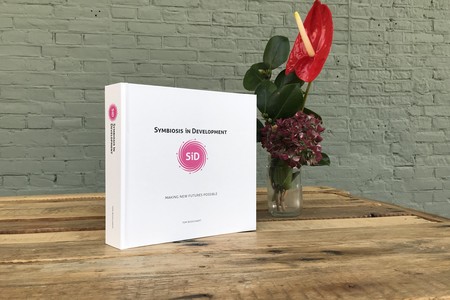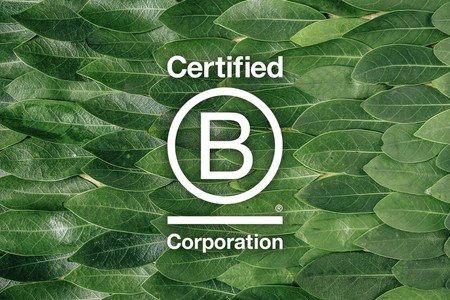We have always believed in leading by example in the sustainability arena since we started Except Integrated Sustainability in 1999. In 2019, we joined the B Corp movement, buoyed by a shared vision of transformative change. But as I reflect on our journey, I'm compelled to share why we're charting a new course beyond B Corp certification.
In 2019, Except formally embraced the B Corp certification with enthusiasm and a belief in shared values. Our journey began with optimism, but over time, it became clear that the realities of the B Corp ecosystem were not in alignment with our expectations and needs, especially as a small, pioneering company in the sustainability field.
The B-Corp Promise vs. Reality
Our foray into the B Corp world was driven by a promise of camaraderie and mutual growth. We expected to amplify our two-decade-long mission in sustainable development alongside equally committed organizations. However, the reality was a mismatch. The tools and assessments B Corp offered were tailored more for beginners in sustainability, not for veterans like us. We found ourselves contributing to a system that seemed to value rudimentary measures over the innovative, systemic change we’ve been pioneering.
When we joined the B Corp movement, we anticipated a partnership that would not only validate our sustainability efforts but also catalyze our growth and visibility in the sector. The B Corp certification promised a community of like-minded organizations, opportunities for knowledge sharing, and a platform to enhance our visibility among potential clients and partners. This promise was particularly appealing as it aligned with our ethos of innovative, sustainable development.
However, the experience within the B Corp community fell short. The assessment tools and criteria provided by B Corp, though potentially beneficial for newcomers to sustainability, did not resonate with our two-decade-long journey in this field. The scoring system seemed to reward surface-level sustainability measures rather than recognizing and fostering truly innovative, systemic change.
Our 4 day workweek was not rewarded points in the B Corp system, neither our core purpose towards sustainability, or the fact that we reinvest the majority of our profits into sustainable self-developed projects. These progressive policies do not award points, but having an expensive external auditor on carbon emissions (we do not have) would, while not actually contributing to impact. The point system is flawed in this sense, and while all point systems do have their weakness, it was surprising to see how little progressive policies were scored. This misalignment led to a reevaluation of our participation in the program.
The Cost/Benefit Imbalance for Smaller Enterprises
For a small enterprise like Except, the financial aspect of B Corp certification posed significant challenges. The membership fees, coupled with additional costs for participating in key networking events, placed a strain on our resources. These events, often priced beyond the reach of startups and small-scale innovators, limited our access to potentially valuable connections and collaborations.
This economic barrier contrasts sharply with the experiences of larger corporations, for whom these costs might be a minor fraction of their marketing budgets. The disparity in access to opportunities within the B Corp community became increasingly apparent, questioning the equitable nature of the movement.
A Bias Toward Larger, Popular Organizations
As our participation in B Corp progressed, we increasingly saw a discernible bias of B-Labs toward promoting larger and more popular organizations. Brands like Danone, Tony Chocolonely, and Nespresso often received the spotlight, overshadowing smaller yet deeply committed sustainability trailblazers. The promotion of Nespresso, seeing its complex history with sustainability as part of Nestle, has been particularly disheartening. There has been significant backlash from the B Corp community from this as a result.
A brand such as Tony Chocolonely is great at marketing themselves as a fair and sustainable chocolate brand, but it sources its cocoa beans from the same large distributors as many others, and its supply chain has been proven to not be slave-free. Innocent Drinks, a B Corp since 2018 and owned by Coca Cola, has been repeatedly criticized for its lack of effort using single use plastic packaging, and was petitioned against for its green-washing advertisement activities in the UK, yet remains a B Corp without consequence.
This skewed focus seems to prioritize marketability over genuine sustainability leadership, diverging from our understanding of what the movement should represent and promote: not just an intent or lip-service, but actual leadership.
Reflecting on the Wider B-Corp Landscape
Our experiences at Except aren't isolated; they mirror broader concerns within the B Corp community:
Transparency and Impact Assessment: A pivotal criticism lies in the opacity of B-Corp's impact assessment and reporting. The scoring system, lacking clarity in its outcomes and implications, falls short of conveying the genuine environmental and social impact of its members. Also, a company’s score isn’t reflected to those standards, therefore provides little transparency about its actual performance.
Standards and Governance: The governance of B-Lab and the standards it sets have been questioned for their rigor and clarity, especially with the inclusion of large corporations. Critics argue that B Corp standards, compared to those set by bodies like ISO, are less stringent and specific.
Greenwashing Risks: There's a growing concern that some companies might use the B Corp certification more as a branding tool than as a reflection of true environmental and social commitment. The B Corp certification has no bearing on what a company does with its profits, and as such, doesn’t materially steer an organization into being a major ‘force for good’.
“[B-Corp certification] is incredibly accessible. Any company can become a B Corp,” according to Erinch Sahan, former chief executive of the World Fair Trade Organization. “It is its biggest strength, but also its biggest weakness. It doesn’t require the big changes in the business that we urgently need.” - from the FT article “The struggle for the soul of the B-Corp movement”.
Sahan continues: “Unless B Corp starts to focus on the deep design of business — how companies are owned, who’s represented on their board, where their profits go — it risks falling far short of its own marketing claims.”
Although not yet a frequent occurrence, we are not the only ones, nor the first to leave the B Corp fold. In 2017, the online handcraft marketplace Etsy left B Corp, yet not for the same reasons, as Etsy stated they left to maintain their corporate structure. That said, B Corp numbers continue to grow each year, as the brand becomes increasingly popular.
Being popular, however, has never been a deciding factor for Except’s direction. Afterall, if we had listened to public opinion, we would never have gotten off the ground as a sustainability agency at the end of the 90’s.
B-Lab's Response and the Evolution of B-Corp
In response to these criticisms, B-Lab has acknowledged some methodological flaws and is working toward more specific requirements on key topics such as climate change and human rights. However, the debate over the effectiveness of B Corp in fostering genuine corporate responsibility persists.
We communicated with B Corp in regard to our experiences, and our perception that we felt the spotlight was placed on the same organizations repeatedly, and the lack of support or exposure in the years following our entry into the program. While initially B Corp engaged, there were promises to rectify and become more balanced in communication and promotion, this never did materialize. In later years, B-Lab has responded with the statements that B Corp cannot be expected to provide this sort of platform function. Because this was a major reason for us to join, this reason to support the program was dissolved.
Most disappointingly, however, is that B Labs never engaged in a meaningful content discussion with us. We offered our help and insights on several occasions, but they didn’t pick this up in a significant way, or made attempts at a constructive dialogue they could learn from - for years.
Our Path Forward
At Except, we champion sustainability through actionable, systemic change rather than through labels or certifications. We embraced B-Corp with the intention to amplify our impact and to share our knowledge. Yet, the platform did not meet our expectations in fostering meaningful connections or advancing our mission.
Our brand is committed to transforming strategic insights into tangible impact. We're innovators, investing in our own initiatives and learning firsthand to guide the sustainability journey. While B-Corp has benefits for those starting their sustainability journey, it doesn't align with our ethos of providing comprehensive, nuanced advice to our clients.
Thus, we're charting a course independent of B-Corp. Our recommendations reflect our integrity, and our ventures, like the development of the Symbiosis in Development (SiD) framework, embody our dedication to a sustainable future. What we continue to do is to further develop the Symbiosis in Development (SiD) framework, that provides organizations around the world with a substantial toolkit to build a true long term sustainability roadmap beyond ESG.
With SiD, we support the transition of the global community towards sustainability more substantially than a certification could ever achieve. Despite B Corp not amplifying our efforts with SiD, we remain focused on delivering substantial support to the global community, beyond what any certification could offer.
As we proceed, Except will continue to lead with innovative solutions and systemic approaches to sustainability, seeking to create genuine, long-lasting change.
Conclusion
While we respect the initial aspirations and potential positive impact of the B-Corp movement, our experiences at Except have led us to pursue alternative pathways for sustainable collaboration and partnership. Initiatives like building the UCo sustainability community in the Netherlands and ViCo in Vietnam exemplify our commitment to innovative, actionable sustainability, with more action on the ground than the B Corp certification has yielded.
As we witness a global shift, with governments stepping up through policies like the EU's Deforestation and Carbon Import (CBAM) regulations, the bar for sustainability is being raised. This new landscape sees enforceable policies overtaking the foundational requirements of voluntary certifications like B Corp. We believe certifications must evolve, adopting more ambitious roadmaps and impactful mechanisms to stay relevant and effective.
We remain hopeful that B-Corp will rise to this challenge, harnessing its potential to make a significant, positive impact. As they strive to adapt and fulfill their promises, we at Except will continue to lead by example, advocating for deeper, systemic change in our journey toward a sustainable future.
18 december 2023




